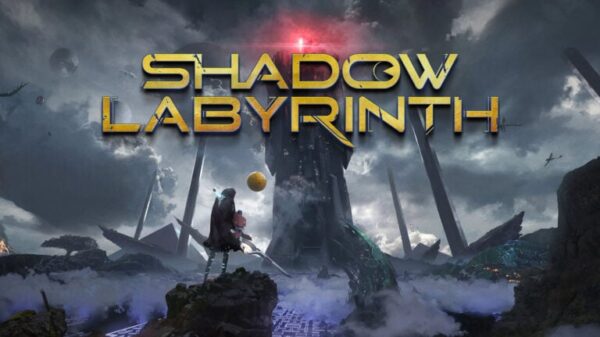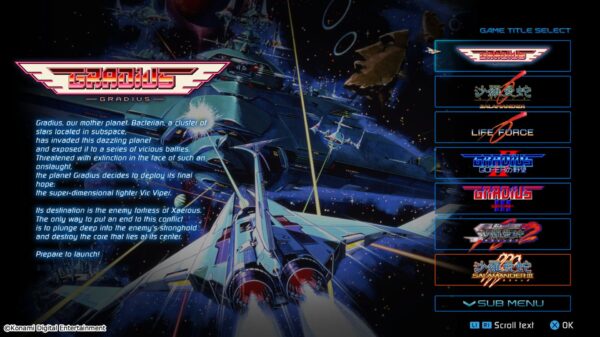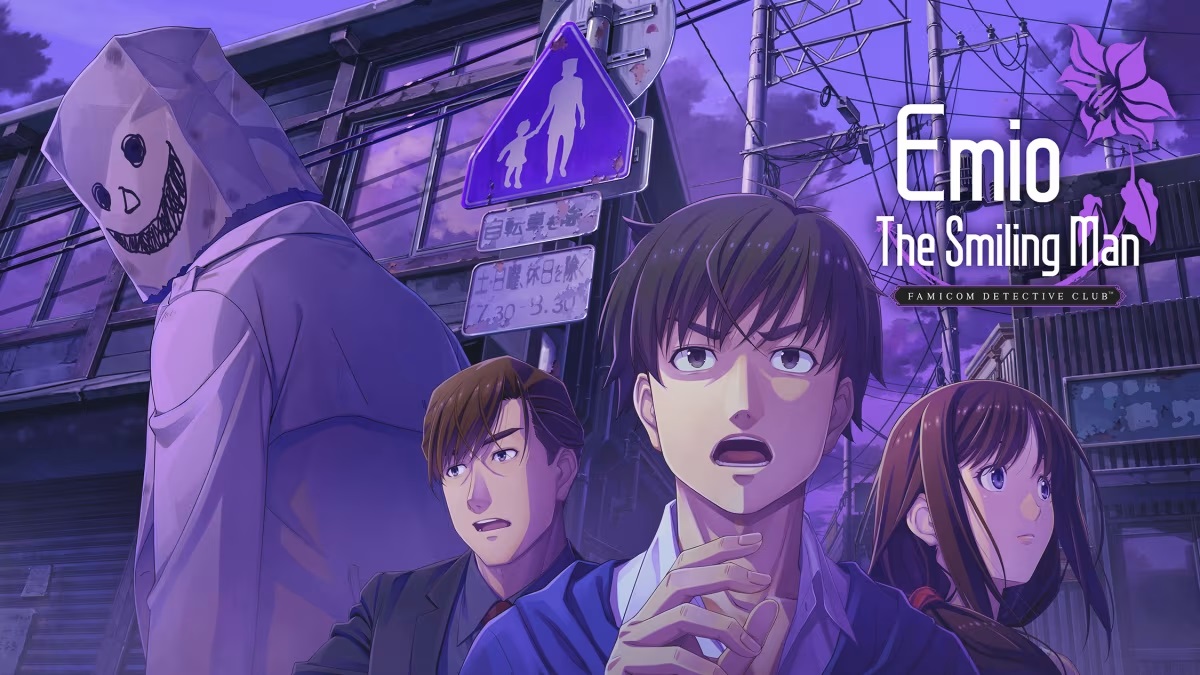Take on a strange investigation as you investigate a present-day murder and an unsolved serial killing case in Emio – The Smiling Man: Famicom Detective Club, the first all-new entry in the Famicom Detective Club series in almost 30 years.
Emio – The Smiling Man: Famicom Detective Club
Developer: Nintendo, Mages
Price: $50
Platforms: Nintendo Switch
Earlier this year, I finally got around to play the Famicom Detective Club remakes released in 2021. I found them to be enjoyable mystery adventure games and hoped the series might return with a new entry someday, although I didn’t think it was likely. As a result, I was both surprised and thrilled when Nintendo’s mysterious “Emio” teaser turned out to be for a new game in the Famicom Detective Club series.
Emio – The Smiling Man: Famicom Detective Club is an adventure game in which you play as a young private detective, whose name you either choose or carry over from the previous games if you have save data. Along with the other members of the Utsugi Detective Agency, he’s called in to help investigate the murder of a boy whose head was covered by a paper bag with a smiley face drawn on it. These strange circumstances resemble an unsolved serial killing case from 18 years earlier, as well as an urban legend about a sinister figure called Emio, the Smiling Man. Therefore, you set out to investigate not only the present-day case but also its potential links to the past.
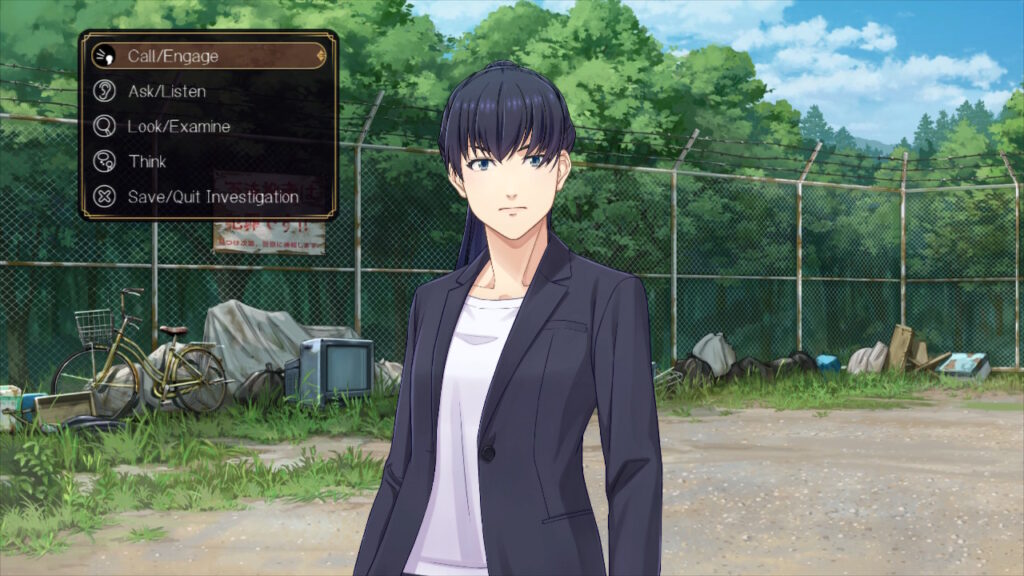
A Blend of Visual Novel and Detective Work
Gameplay is largely handled through a menu from which you pick commands. For example, “Call/Engage” allows you to call out to a character, while “Ask/Listen” lets you ask a character for more information. Sometimes you have a list of topics to ask about, while other times the question is automatic. You might need to talk to a character about topics multiple times to get more information out of them or perform another action first, which often leads to a cycle of trying every option. However, this never gets as tedious as it did in past Famicom Detective Club games, largely because the “Think” command now offers a nudge in the right direction by hinting at the action you need to perform. More commands are added based on the situation, such as “Show” when you have a picture you’re asking around about or “Travel” when you have enough information to move on to a new location.
For the most part, Emio is more visual novel than an adventure game, with gameplay mainly coming down to finding the interaction that will lead to more dialogue. However, there are two aspects in which gameplay becomes a little more involved. One is when you use the “Look” command, which allows you to investigate an environment by clicking on things in the background. Unfortunately, despite this being a murder mystery, you’ll rarely be investigating a crime scene for clues due to the nature of the story, so it’s mainly used to pick up on cues about how a character feels or find people to talk to. The other important gameplay mechanic is when you return to the detective agency at the end of a chapter to “Review” what you learned about the case with your assistant Ayumi. The protagonist and Ayumi have separate investigations this time around, with each handling different aspects of the case and Ayumi having her own playable segments, so these sections also let the two characters exchange information with each other. During a review, you’ll be quizzed on the new information you learned. This often requires you to choose a character or key phrase from your notebook, though sometimes you need to actually type an answer instead.

A Slow-Building Mystery
Progression is quite linear; any story-based choices presented to you will either be inconsequential or result in the protagonist choosing the correct option anyway. However, there are several fun, optional moments depending on your actions. For example, early on I used the “Phone” command to call the detective agency’s office and left a funny message on the answering machine. Later on, I interacted with the answering machine and heard my own message. Another time, I called a supporting character despite the plot not requiring it. There was no answer, so I continued on with the game. A few scenes later, that character called back to ask if I was trying to get in touch with him and explained what he was currently doing. Little details like this make it entertaining to try different options and keep things feeling fun even when there isn’t a lot of plot development.
That feeling occurs quite often because the pacing is unusual. It’s not uncommon for a mystery story to save major revelations for the end, but Emio takes that to an extreme degree. Much of the game lacks significant plot developments, and most chapters left me feeling as though we’d danced around the truth without making any true progress. I went into the ending with a vague sense of dissatisfaction, only for the resulting scenes to be so impactful and emotional, filling in all the gaps and answering all the lingering questions, that I finished with a much more positive impression of the story. Still, saving nearly all the revelations for the very end means the earlier parts lack a sense of excitement. Even as I watched the truth unfold, I couldn’t help but wonder how much more thrilling the story would have been if we’d gotten some of these details earlier and slowly brought the truth to light instead of being told everything all at once. The dark, tragic story of Emio is excellent and it has a cast of memorable characters, but as a detective story, it’s somewhat less so.
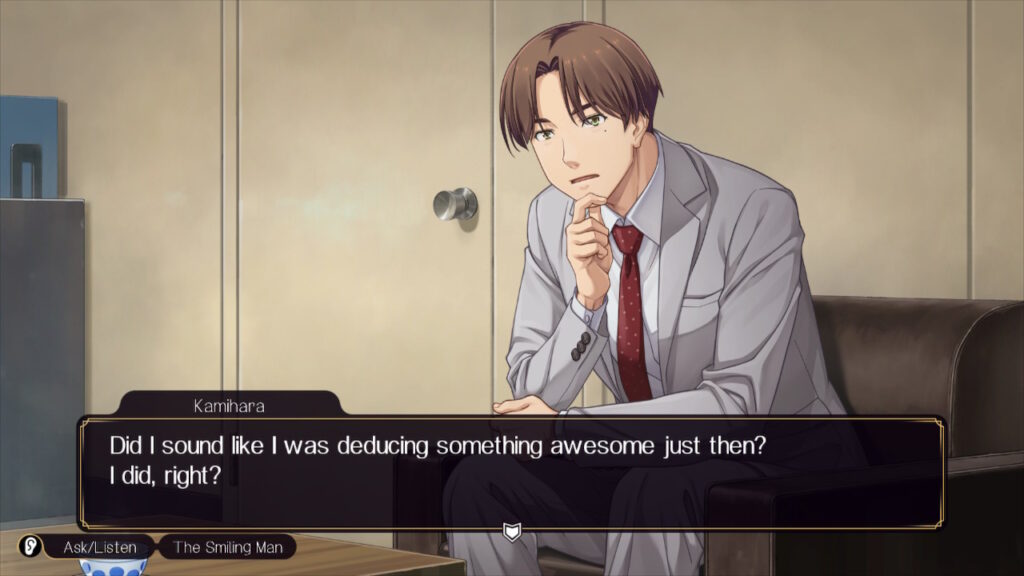
One thing that helps elevate the game is its presentation. The graphics and animations are beautiful, with many little details that keep it feeling lively. In every aspect, you can see how much attention went into it to make it a high-quality experience. While it’s still a fairly short game, it’s the longest of the series. It also has some nice features, such as an optional recap of the plot when you load a game and an evaluation unlocked at the end that shows how well you did in each chapter and offers insight into your personality based on the choices you made. Overall, Emio – The Smiling Man: Famicom Detective Club truly feels in line with the Famicom Detective Club remakes, even if it lost a bit of the investigative gameplay, and I’d love to see this series continue on with more.
 The Final Word
The Final Word
Although Emio – The Smiling Man: Famicom Detective Club has some strange pacing choices that lead to a lack of excitement in early chapters and a lessened emphasis on solving the case through detective work, it makes up for it with an excellent presentation, fun attention to detail, and a dark, emotional story that answers all its questions in the end.
– MonsterVine Rating: 4.5 out of 5 – Great





























































